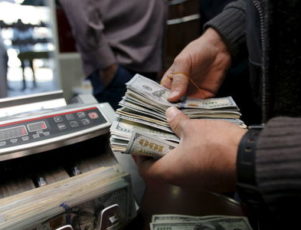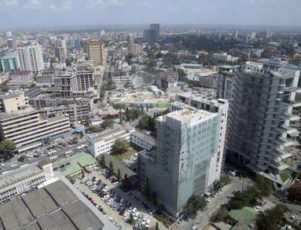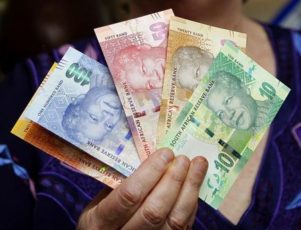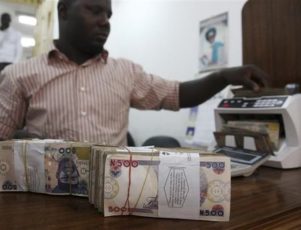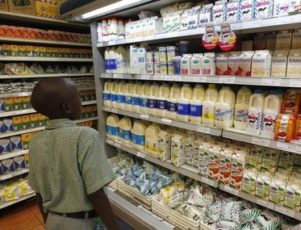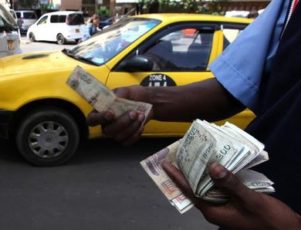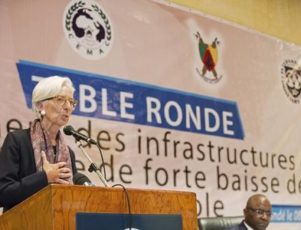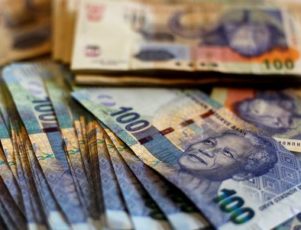ABU DHABI (Reuters) – The United Arab Emirates moved to quash talk of a potential emergency meeting of the Organization of the Petroleum Exporting Countries (OPEC) after Nigeria’s oil minister said on Tuesday a “couple” of members had requested a gathering.
Benchmark Brent crude futures slipped towards $30 a barrel to a near 12-year low before rising slightly. They have shed almost three-quarters of their value since mid-2014.
Such market conditions supported an emergency meeting to review whether OPEC should change strategy, Nigerian Minister of State for Petroleum Resources Emmanuel Ibe Kachikwu told reporters on the sidelines of an energy conference in Abu Dhabi.
However, UAE Energy Minister Suhail bin Mohammed al-Mazroui later told the same conference the current OPEC strategy was working, adding that time was needed to allow this to happen — perhaps between one and 1-1/2 years.
“I’m not convinced OPEC alone can change or can solely unilaterally change this strategy just because we have seen a low in the market,” Mazroui said.
Mazroui added that while the first half of 2016 would be “tough” for the oil market, there would be a gradual recovery later in the year, aided by an expected drop in non-OPEC production.
Indeed, OPEC has no plan to hold an emergency meeting to discuss the drop in oil prices before its next scheduled gathering in June, two OPEC delegates said on Tuesday.
OPEC’s strategy of maintaining production levels, instead of reducing supply to allow prices to recover, has been aimed at defending market share at the expense of higher-cost producers such as those in the U.S. shale sector.
The supply glut is likely to be exacerbated in 2016 by the return of Iranian supply to the market, once Western sanctions have been lifted.
“I think all the members including Iran have the right to increase their production. I don’t think we are going to restrict anyone,” Mazroui said.
Such prospects have led oil analysts to downgrade their forecasts in recent days, with Standard Chartered saying prices could drop to $10 a barrel.
The likelihood of a meeting taking place will hinge on the attitude of OPEC heavyweight Saudi Arabia, which has been at the vanguard of resistance to a production cut.
“Saudi Arabia has never held the position that it does not want to talk,” Kachikwu said. “In fact, it was very supportive of a meeting before June, at the time when we held the December meeting, if (there was a) consensus call for it.”
(By Rania El Gamal and Maha El Dahan. Writing by David French; Editing by Jason Neely and Dale Hudson)
Read more

